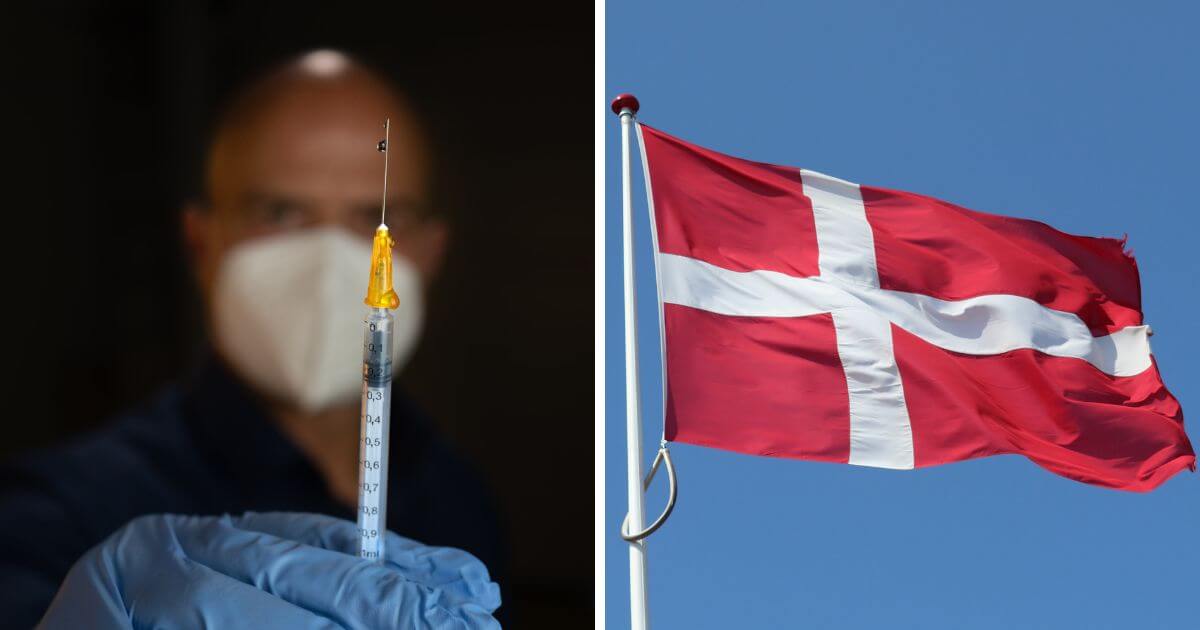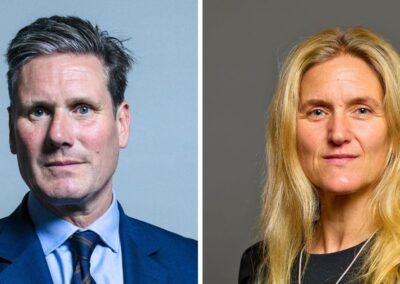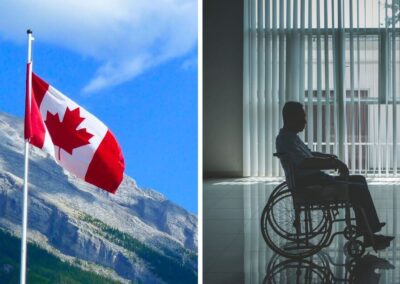An overwhelming majority of the Danish Council of Ethics has advised against the legalisation of euthanasia in Denmark, according to a recently released report.
16 out of 17 members of the committee have voiced strong opposition to allowing euthanasia in Denmark concluding that “there is too much at stake regarding our basic view of humanity for euthanasia to be introduced in Denmark”.
Only one member of the Council did not fully oppose legalising euthanasia but still voiced caution about the need to adequately regulate any such practice.
Looking to Oregon and the Netherlands as examples
When evaluating the ethics of legalising euthanasia, the Council looked at the differing practices in the US state of Oregon, and in the Netherlands. After examining the effects of legalised euthanasia in these places, the majority of the Council reflected that “the very presence of an offer of euthanasia risks decisively changing our ideas about old age, the coming of death, quality of life and what it means to take others into account. Once euthanasia becomes an option, the risk that it will affect the view of certain groups in society is too great”.
In the Netherlands, euthanasia was effectively decriminalised by a court decision in 1984, and then by Parliament in 2001. In the first year, 1,882 deaths were recorded. This number increased to 6,938 in 2020 accounting for 4.1% of the total number of deaths in the Netherlands in that year. Doctors are permitted to administer euthanasia to dementia patients without a prior agreement as to the time and manner of administration.
Oregon legalised physician-assisted suicide in 1997 following the passage of the Death with Dignity Act (DWDA) in 1994. This permitted doctors to prescribe lethal drugs for self-administration to mentally competent Oregon residents, above the age of 18, who are suffering terminal illness and are likely to die within six months.
Council President warns euthanasia would “harm far too many”
Leif Vestergaard, President of the Danish Council of Ethics stated that the wider impact of legalising euthanasia goes far beyond individuals who want to end their lives by euthanasia. “Help to die may be the right choice for a few, but harm far too many others”, he argued.
His voice of opposition is joined by others who are weighing in on the debate. The trade union for doctors in Denmark has said that “active euthanasia should not be an option”. Helga Schultz, chairperson for the organisation, stated that the medical community should focus on “how we relieve”.
Brita Jørgensen, chair of the Professional Association for Palliative Care Nurses, also stressed the need for relief of symptoms, pointing out that healthcare professionals need “more resources and knowledge to do so”.
Call to focus on palliative care
Right To Life UK spokesperson, Catherine Robinson, said “It’s encouraging to see the Danish Council of Ethics payin heed to the disturbing practices of other territories that have legalised euthanasia”.
“It is all too clear that once euthanasia is legalised, the attitude of society towards its most vulnerable members changes significantly for the worse. The Council’s firm rejection of legalising euthanasia acts as a rallying cry in support of the marginalised and vulnerable members of society”.
“As the Danish medical bodies have emphasised, we need to focus on providing excellent palliative care rather than legalising euthanasia”.












